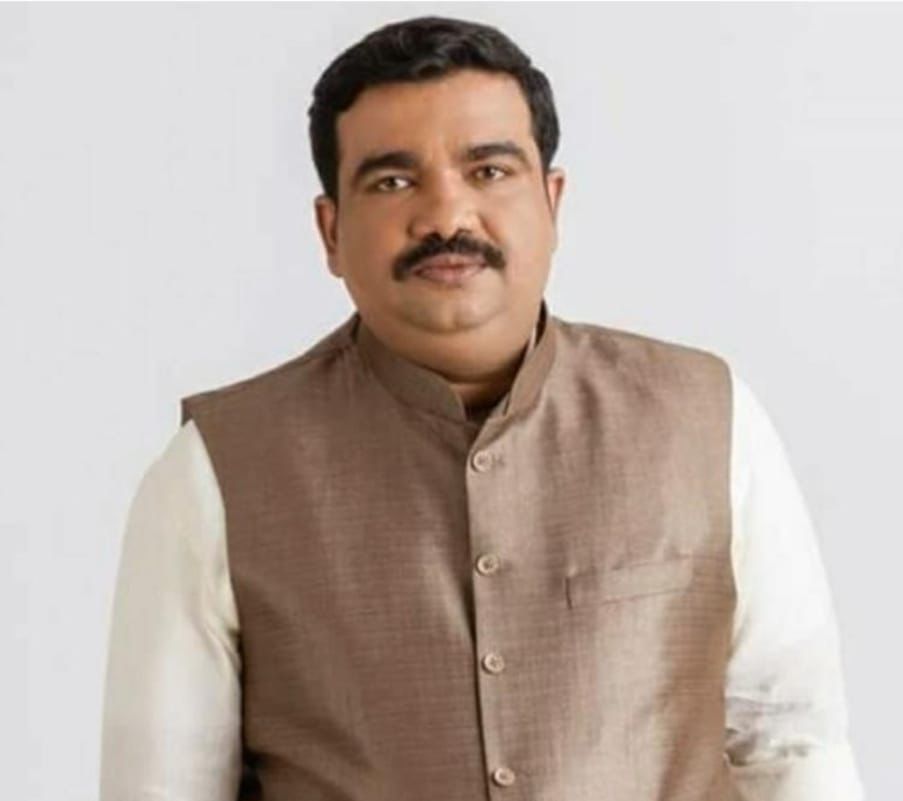Bengaluru, India – In an era where truth-telling often comes at a steep price, Mr. Binish Thomas, a Bengaluru-based senior journalist, has emerged as a formidable advocate for journalists’ rights and a dedicated social reformer. As the director of the International Council for Journalists (ICJ), Thomas has devoted his career to ensuring the safety and security of journalists worldwide, while his humanitarian efforts have transformed countless lives, most notably in Bengaluru’s Goutham Puram village.
Champion of Journalists’ Rights
Thomas, a seasoned observer of international affairs, founded the ICJ to offer robust support for journalists working under threats and pressure. The organization provides legal and professional assistance to media professionals globally, defending their right to report without fear. His long-term vision is to establish active ICJ bodies in every country, allowing localized responses to challenges faced by the press.
With a special focus on regions where press freedom remains fragile, Thomas has engaged with political leaders—particularly in African nations—to create stronger protections for journalists who risk their lives in pursuit of the truth.
His advocacy work gained rare international recognition when an article he authored on Middle East politics was referenced by U.S. President Joe Biden during a press conference. Known for his incisive commentary, Thomas has written widely on sensitive global issues, including the Armenia-Azerbaijan conflict and the complexities behind Hamas’s attack on Israel. Yet, his honest reporting has also made him a target. After publishing reports critical of activities against national interests, he was burdened with false legal cases, exemplifying the risks that truth-seekers endure.
Architect of Grassroots Change
Beyond journalism, Thomas is equally celebrated for his community-driven initiatives. Between 2004 and 2006, he adopted Goutham Puram, a remote village in Bengaluru, and revitalized it through personal contributions. Using his own financial resources, he built vital infrastructure—clean drinking water facilities, sanitation systems, housing for the underprivileged, and access to affordable healthcare.
His compassion extended further: he cleared hospital dues for the needy, created employment opportunities for struggling youth, distributed auto-rickshaws to families seeking economic stability, and even established free football coaching along with a public library for young learners. These efforts earned him recognition as a “Good Samaritan” in national newspapers, cementing his reputation as a tireless worker for social upliftment.
A Campaign for Justice and Protection
Currently, Thomas is at the forefront of advocating for a Journalist Protection Bill in India. His approach combines grassroots mobilization with legal reforms—rallying public support while assembling a team of lawyers to provide free legal aid to journalists punished for their reporting. Unlike many who pursue recognition, Thomas prefers to stay away from the limelight, allowing his work to speak for itself.
A Silent Force with Lasting Impact
In today’s challenging media landscape, where freedom of expression is under constant threat, Binish Thomas embodies resilience and commitment. His dual work—championing press freedom across borders while driving social change at the grassroots level—makes him not just a journalist, but also a humanitarian visionary.
Binish Thomas stands as a silent yet powerful force—a true legend whose integrity, courage, and compassion continue to inspire individuals and communities in India and across the globe.



